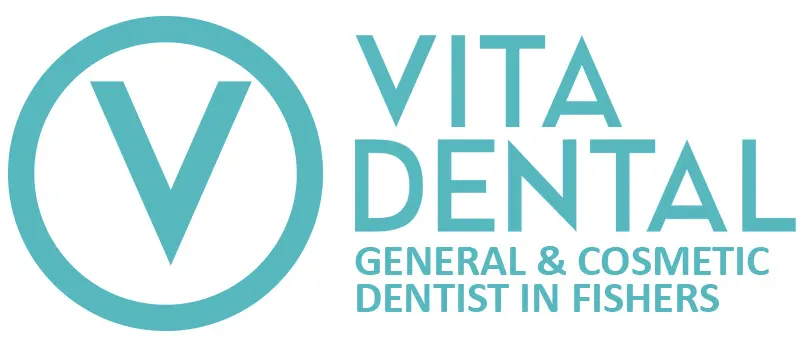Dental insurance is often viewed as optional, especially for individuals who feel their teeth are in good condition or who visit the dentist only occasionally. However, dental insurance offers clear and measurable advantages, particularly when it comes to preventive care, cost predictability, and the long-term maintenance of oral health.
For individuals or families evaluating plans, providers like UnitedHealthcare offer flexible options to meet a range of needs and budgets.
Prevention That Pays Off
The most immediate advantage is access to regular preventive care at a low or no cost. Most dental insurance plans, including those from major providers like UnitedHealthcare, fully cover routine cleanings, exams, and X-rays when performed by an in-network provider. These visits are great for cosmetic upkeep, but they are also essential for identifying early signs of gum disease, decay, or other oral health issues before they become more serious and costly.
Preventive services are not just encouraged; they are built into the structure of dental insurance. Cleanings are typically covered twice a year, which helps patients maintain oral health and avoid conditions that could require invasive procedures later. Skipping regular visits due to out-of-pocket cost concerns can lead to problems being diagnosed only when they become painful or advanced.
Clarity and Cost Control
Another key benefit of dental insurance is financial predictability. Dental treatment can be expensive, especially for unexpected issues like a cracked tooth or a needed root canal. Insurance spreads this risk over time through monthly premiums, allowing patients to budget for care. Plans typically include a deductible and coinsurance structure, meaning that once a certain out-of-pocket threshold is met, the insurer pays a portion of the remaining treatment costs.
UnitedHealthcare offers dental plans with straightforward cost-sharing models. Members pay a monthly premium and are responsible for fixed amounts or percentages for various services. The advantage lies in knowing ahead of time what to expect financially. Whether it is a $20 copay for a cleaning or 50% coverage for a crown, the framework helps reduce the shock of large, unpredictable dental bills.
Small Problems Stay Small
Dental insurance also encourages earlier intervention. Because the cost barrier is lower for covered services, patients are more likely to address small problems promptly. A cavity treated early with a simple filling is far less invasive, not to mention less expensive, than the same tooth requiring a root canal or extraction months later.
Some plans also include coverage for major procedures such as crowns, bridges, or even dentures. While not all services are covered at 100%, the contribution from insurance can significantly reduce total costs. Providers like UnitedHealthcare offer plans with annual maximum benefits that reset each year. If planned carefully, patients can schedule treatments in a way that maximizes coverage and minimizes out-of-pocket burden.
The advantages of dental insurance are clear. By covering routine care, reducing the financial impact of treatment, and promoting early attention to oral health issues, insurance becomes more than a safety net; dental coverage becomes a foundation for maintaining a healthy, stable mouth over time.
